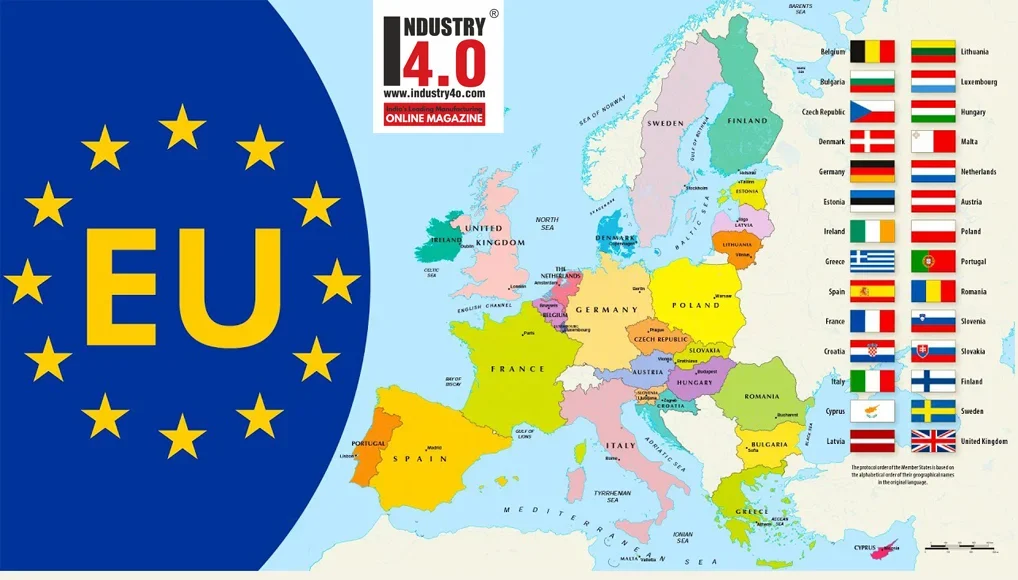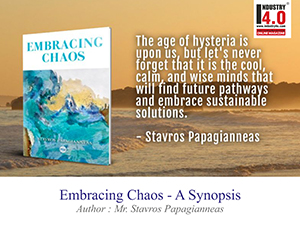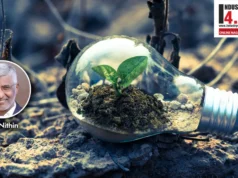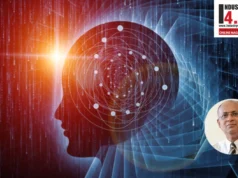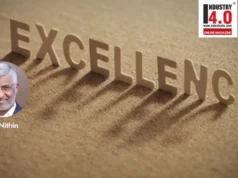COMMUNICATING EUROPEAN VALUES
A few days ago one of the fundamental assumptions underpinning European security was put in doubt. Trump’s election victory and the new agenda changed the calculations of world leaders with far-reaching consequences.
Europe has been caught in the most complex crisis since WW II. Once the world’s bastion of liberal, democratic values, Europe has to confront demons it thought it had laid to rest. The old pathologies of antisemitism, populist nationalism, and territorial aggression are threatening to tear the European postwar consensus apart. The American appeasing of Russian dictator Vladimir Putin makes things more complicated and will lead to more wars globally.
With two significant crises in just two years, the Union must craft a distinct and clear message for internal and external stakeholders. With growing instability around the world and the rise of authoritarianism and disinformation, the EU should take the lead in strengthening multilateral partnerships and protecting and promoting democracy and human rights worldwide.
The EU must also ensure its strategic sovereignty and be less dependent on key technological areas, critical infrastructure, and supply chains. If the Union is to affirm its global leadership role, strong political will and decisive steps are required.
In my new book, REBRANDING EUROPE 2024, I illustrate how Europe can be rebranded by providing key recommendations on conveying the added value of the EU for its citizens and the world. After the geostrategic shift in the US, it is worth reflecting on the global role of the European Union and the lessons to be drawn from the crises of the last five years. If we take a look at the coverage of Brexit, the invasion of Ukraine, and the Middle East war, we notice that division in Europe is always around the corner.
The European Union has several areas where substantial action is required in the geopolitical arena. The pandemic and its socioeconomic consequences, climate change, the invasion of Ukraine, the Middle East’s never-ending story, the energy transition and the drift towards populism in different member states are some challenges to be addressed in 2025 and beyond.
The future evolution of European integration necessarily involves identifying a number of challenges and opportunities over the coming decades. The EU is in a state of political, economic, and social transition. These transitions are uneven with a different impact across the EU, resulting in a heterogeneous political, economic, and social situation across member states. Strong global economic, political, and social factors unevenly reinforce these ongoing transitions.
Russia’s illegal invasion of Ukraine has caused disaster and devastation across our region, with significant impacts on energy security as a result. It has caused the development of Europe’s largest refugee crisis since World War II. Millions of Ukrainians have fled the country and a third of the population has been displaced.
Putin’s war is posing extended challenges not only to Ukraine but across the planet in various areas. It has led to a humanitarian crisis, it is causing a fuel and energy crisis in Europe, and is a huge challenge for global security. As we live in a globalised world, the consequences affect every country, with a new international financial crisis being triggered and the threat of nuclear war being more prevalent than ever.
Although the first edition of Rebranding Europe was triggered by Brexit and its consequences for both the UK and the EU, I thought a second edition to be paramount after the corona crisis, the brutal invasion of Ukraine, and the absolute need of a repositioning for Europe in the world. The Union has had to face two tremendous crises in a period of two years and needs to differentiate its message towards internal and external stakeholders.
With growing instability in the world and the rise of authoritarianism and disinformation, the EU should take the lead in strengthening multilateral partnerships and in protecting and promoting democracy and human rights around the world. The EU also needs to ensure its strategic sovereignty and be less dependent in key technological areas, critical infrastructure, and supply chains. If the Union is to affirm its global leadership role, what is required is strong political will and decisive steps.
About the Author

Mr. Stavros Papagianneas
Managing Director

Mr. Stavros Papagianneas is the author of the books: Powerful Online Communication (2016), Rebranding Europe (2017), Saving Your Reputation in the Digital Age (2020), Embracing Chaos (2021) and Rebranding Europe 2024.
Mr. Stavros Papagianneas lectures at the following European universities: the University of Cantabria, Vilnius University, the University of Brussels, the Institute of European Studies (IES), the University of Sofia, the Aristotle University of Thessaloniki and Thomas More University.
Mr. Stavros Papagianneas was previously communications officer at the European Commission and press officer and spokesperson to diplomatic missions in Brussels.
Mr. Stavros Papagianneas is currently the managing director of StP Communications and the founder of Steps4Europe (S4E). Steps4Europe (S4E) is a non-profit association that aims to reinforce the European Public Sphere and promote EU values.
Mr. Stavros Papagianneas has also been a member of the Working Party on Information of the Council of the European Union.
In 2017, 2018 & 2019, Mr. Stavros Papagianneas was named by the pan-European news platform Euractiv as one of the TOP 40 EU INFLUENCERS and, is a public speaker and blogger.
Mr. Stavros Papagianneas can be contacted at :
X | LinkedIn | E-mail | Web | FaceBook
StP Communications can be contacted at :
FaceBook | LinkedIn | YouTube | Phone +32 2 880 37 65 | M +32 477 29 61 30
Also Read Mr. Stavros Papagianneas earlier article :

